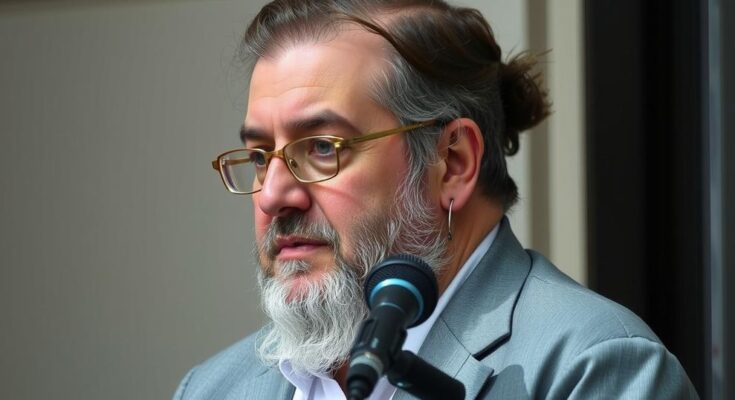Lebanon has approved the extradition of activist Abdul Rahman al-Qaradawi to the UAE despite warnings from Amnesty International regarding potential human rights violations he may face. Al-Qaradawi, an outspoken critic of several Middle Eastern regimes, was arrested in December 2022 after returning from Syria. His case highlights concerns over freedom of expression and the treatment of dissidents in the region.
The Lebanese government has approved the extradition of Egyptian activist Abdul Rahman al-Qaradawi to the United Arab Emirates (UAE). This decision follows a cabinet vote led by Prime Minister Najib Mikati, despite concerns from Amnesty International about potential human rights violations al-Qaradawi may face in the UAE. The activist, who had previously expressed criticism of authorities in the UAE, Egypt, and Saudi Arabia, was arrested in Lebanon on December 28, 2022, upon returning from Syria, where he had voiced support for the Syrian opposition. Amnesty has highlighted that his extradition could endanger his rights to freedom of expression and expose him to enforced disappearance and torture.
Abdul Rahman al-Qaradawi is an Egyptian opposition activist and son of the influential cleric Yusuf al-Qaradawi. He has long been an outspoken critic of the Egyptian government and other regional powers. The context of his extradition stems from a broader crackdown on dissent by authoritarian regimes in the Middle East. The requests for his extradition from both the UAE and Egypt coincide with his critical stance toward these governments, framing his case within issues of international human rights and the treatment of dissidents in the region.
The decision to extradite Abdul Rahman al-Qaradawi raises significant concerns regarding international human rights standards and Lebanon’s commitment to freedom of expression. Despite warnings from human rights organizations regarding the risks he may face in the UAE, the Lebanese government has chosen to proceed with the extradition. This case serves as a troubling indicator of the precarious situation for activists and critics within authoritarian contexts globally.
Original Source: www.aljazeera.com




